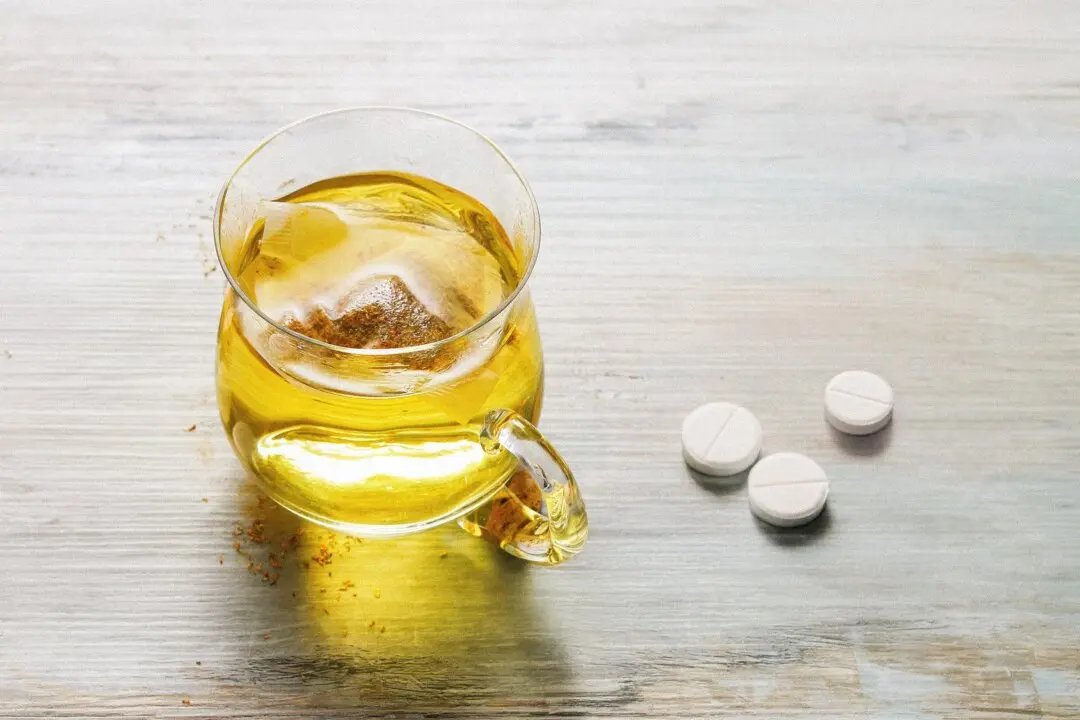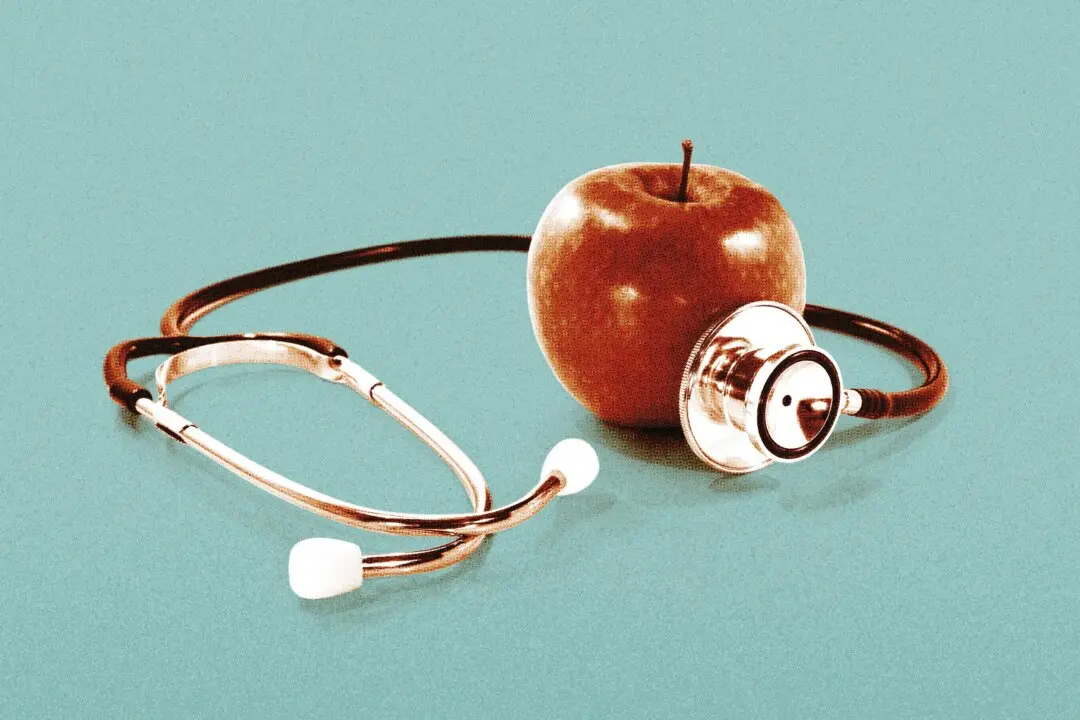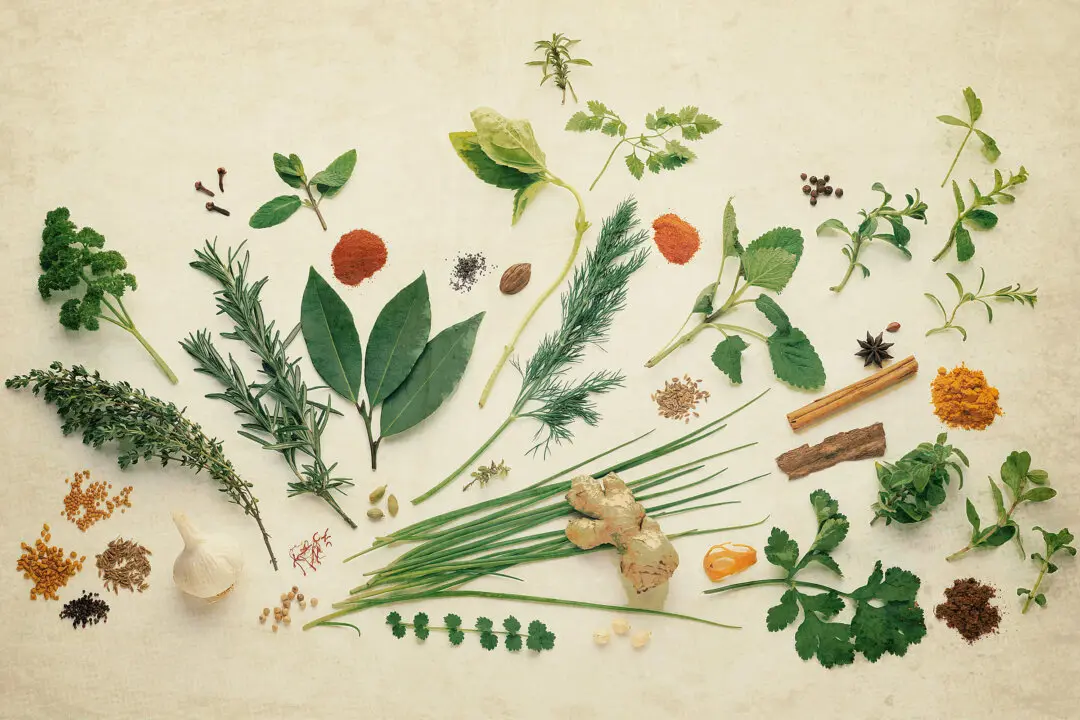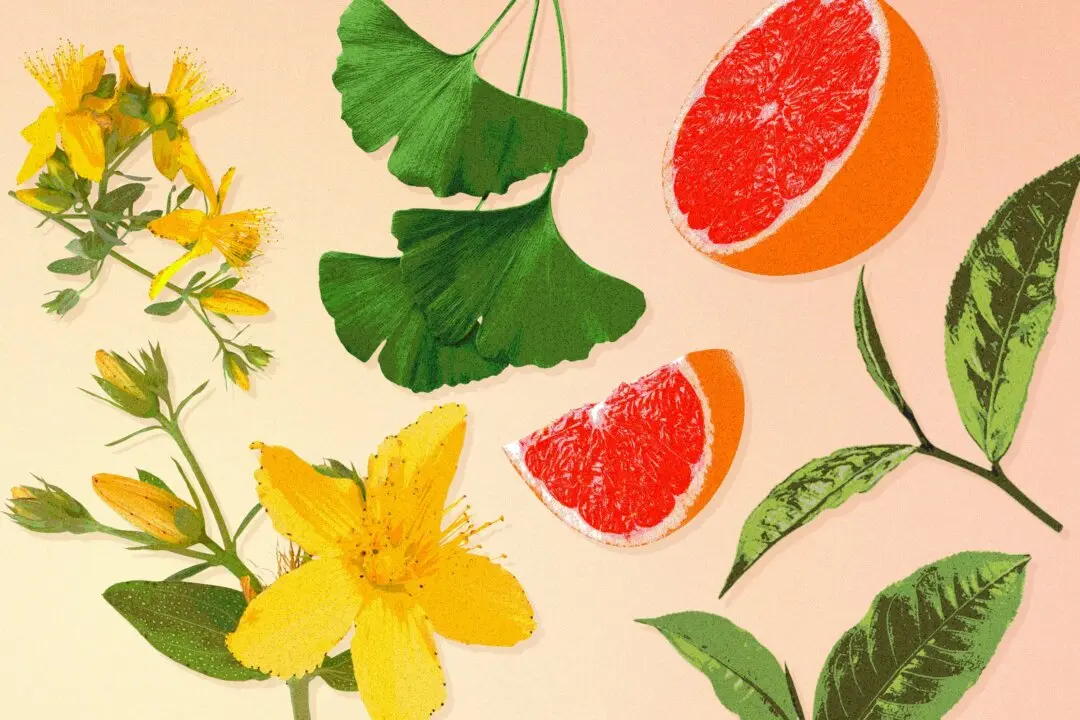Some of us have probably known this person.
He’s the one whose charisma draws people to him like a magnet. His enthusiasm is infectious and his entrepreneurial spirit means that he’s always working on some new, exciting business venture. He seems to constantly be pushing boundaries, exploring new things, and living a life that appears exhilarating. He hardly sleeps, yet still manages to have boundless energy.






